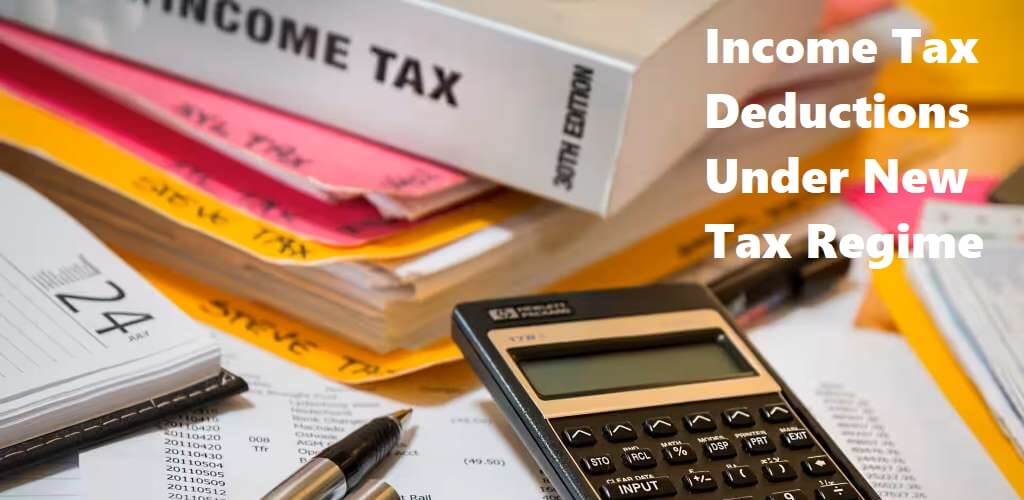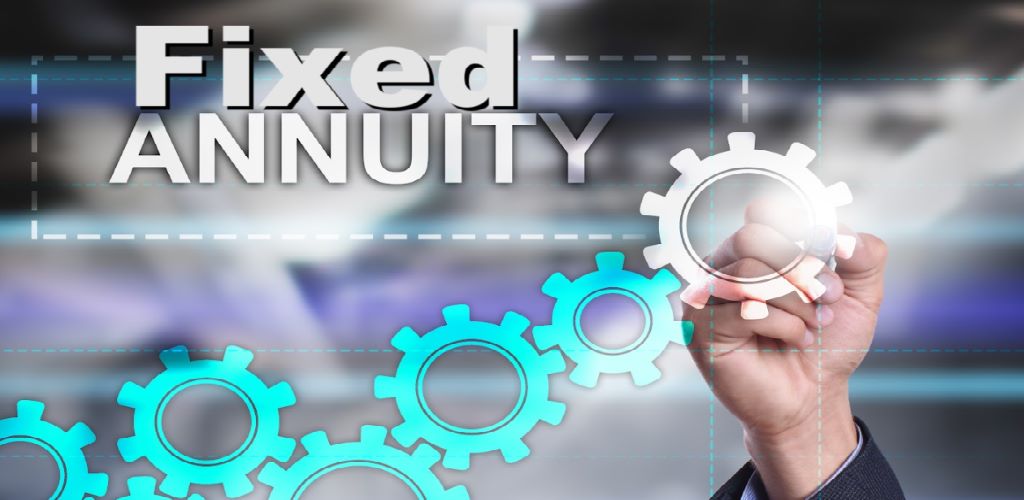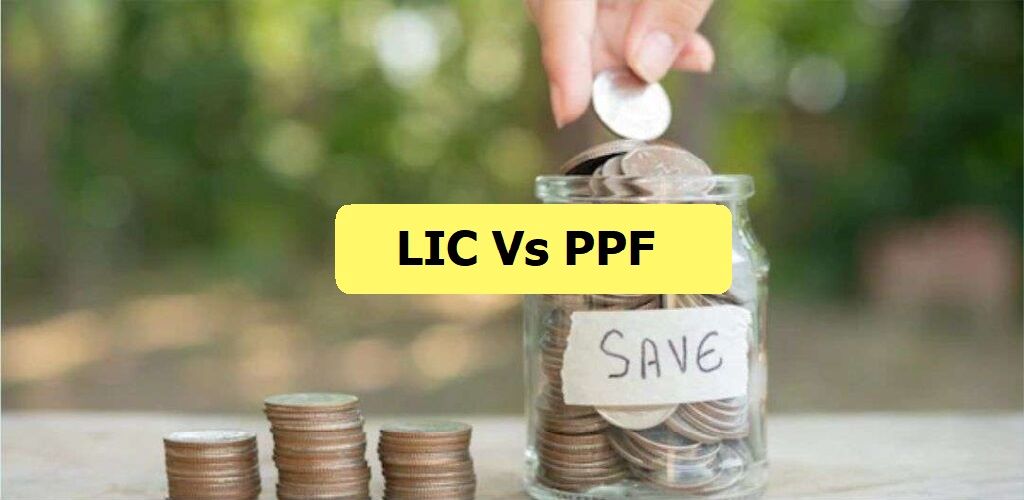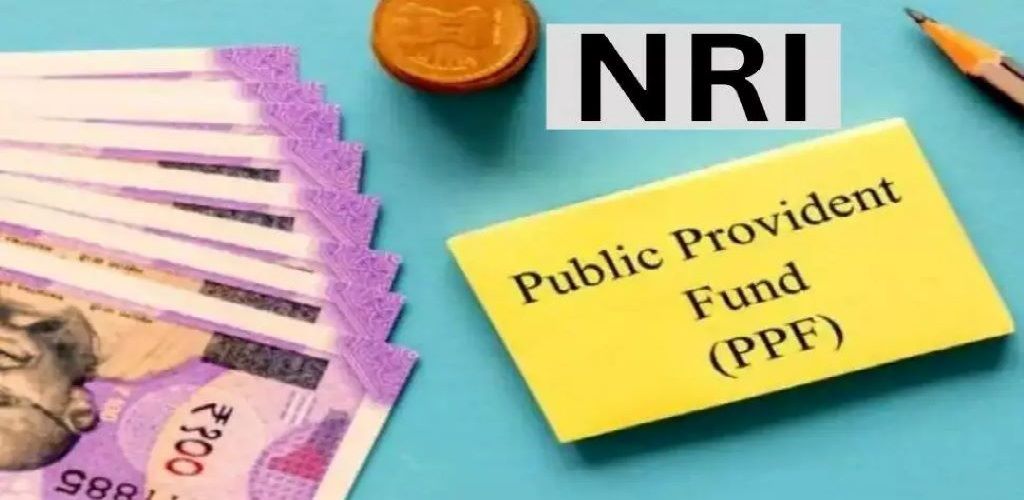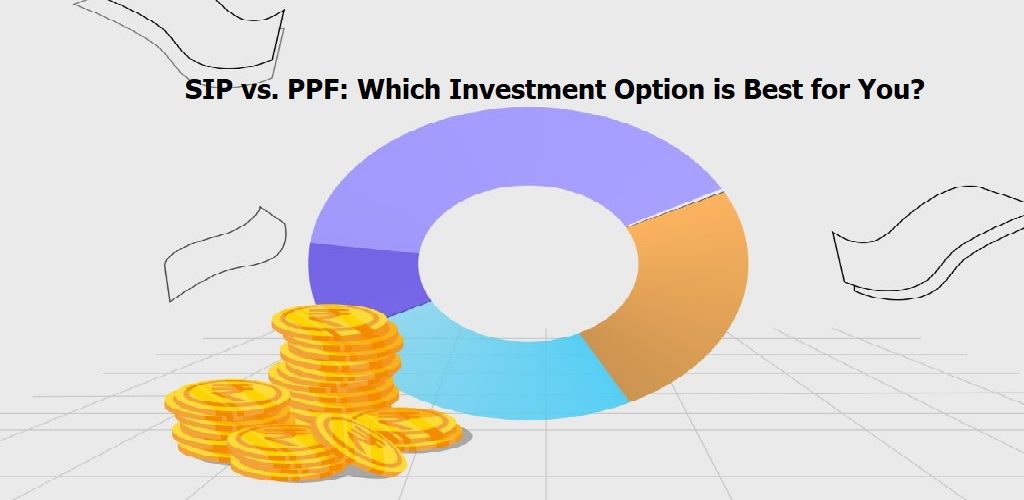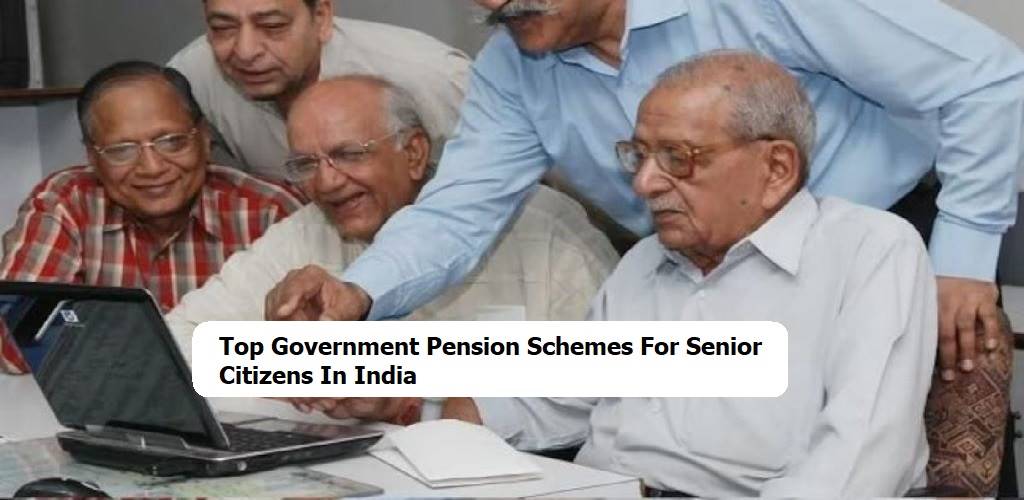The new tax system in India has made big changes to how taxes work. It aims to make things simpler and give people more choices. Now, individuals can decide whether to calculate their taxes using the old or new systems. The new system has lower tax returns but doesn’t include some deductions and exemptions that were available before. Around 70 deductions for businesses and individuals have been removed. For example, deductions for things like investments and medical insurance premiums are no longer needed. However, there are still some deductions that people can use under the new system.
In this post, we’ll discuss the important deductions that are now available under the New Tax Regime.
What is the New Tax Regime (Section 115BAC)?
In the Budget 2020, the Union Government introduced a new tax system called Section 115BAC. This system has lower tax rates compared to the previous regime. However, certain important deductions and exemptions that were available before are no longer applicable under the new system. For the assessment year (2024-25), individuals and Hindu Undivided Families (HUFs) are required to pay taxes according to the new tax regime unless they choose to opt for the old regime by filing the income tax return before the due date.
Which Deductions are Allowed in the New Tax Regime?
Let us look at the standard deductions/exemptions available in the new tax regime:
- Employers’ Contribution to NPS/EPF
One of the common yet popular deductions allowed in the new tax regime is that if an employer contributes to your National Pension Scheme (NPS) or Employer’s Provident Fund (EPF) account, you won’t be taxed on a maximum contribution of Rs. 7.5 lakh per year for all such pension accounts.
- NPS Withdrawals
Another major deduction allowed under the new tax regime is that when you withdraw money from your NPS account, you won’t be taxed on up to 60% of your account balance at maturity. Also, partial withdrawals of up to 25% of your self-contribution are tax-free.
- EPF Interest
Another common deduction allowed under the new tax regime is that if the interest you earn from your EPF in a year doesn’t exceed 9.5%, it won’t be taxed.
- Gratuity
If your employer gives you gratuity, you can get exemptions on it up to a certain limit. If gratuity is paid because of an employee’s death, it’s fully exempt from tax.
- Post-Office Savings Account Interest
One of the common types of deductions allowed under the new tax regime is relief on a certain percentage of the interest you’ll earn from your post-office savings account.
- Life Insurance Maturity Benefit
Even though the premiums you pay for life insurance aren’t deductible, the money you receive when your policy matures is tax-exempt under Section 10(10D).
- Leave Encashment
When you retire, you can get money for your unused leave days without being taxed, up to the limit of Rs. 3 Lakhs for non-government employees.
- Voluntary Retirement Scheme (VRS) Payment
Another major deduction allowed under the new tax regime is that if you retire voluntarily, up to ₹5 lakh received from your employer as VRS benefits won’t be taxed.
- PPF & Sukanya Samriddhi Account Settings
Lastly, the interest you earn and the money you receive when your Public Provident Fund (PPF) and Sukanya Samriddhi Yojana accounts mature are tax-exempt.
What Are New Income Tax Slabs & Tax Rates Under Revised New Tax Regime?
In the new tax system for the financial year 2023-2024 (Assessment Year 2024-25), the income tax slabs have been updated. Here are the revised slabs.
| Total Income | Rate of Tax |
| Up to Rs. 3,00,000 | Nil |
| Rs. 3,00,001- Rs. 6,00,000 | 5% |
| Rs. 6,00,001- Rs. 9,00,000 | 10% |
| Rs. 9,00,001- Rs. 12,00,000 | 15% |
| Rs. 12,00,001- Rs 15,00,000 | 20% |
| Rs. 15,00,001 and above | 30% |
List of Exemptions and Deductions Not Claimable Under the New Tax Regime
Here is a list of the exemptions and deductions not claimable under the New Tax Regime.
- Deduction under Section 80TTA/80TTB
- Allowances to MPs/MLAs
- Minor child income allowance
- Professional tax and entertainment allowance on salaries
- Helper allowance
- Children education allowance
- Other special allowances [Section 10(14)]
- Leave Travel Allowance (LTA)
- House Rent Allowance (HRA)
- Deductions under sections 32AD, 33AB, and 33ABA
- Various deductions for donation for or expenditure on scientific research are contained in section 35(2AA) or 35(1)(ii) or (iia) or (iii)
- Interest on housing loan on the self-occupied property or vacant property (Section 24)
- Chapter VI-A deduction (Section 80C, 80D, 80E and so on, except Section 80CCD(2) and Section 80JJAA)
- Deduction under section 35AD or section 35CCC
- Employee’s (own) contribution to NPS
- Donation to Political party/trust, etc
- Exemption or deduction for any other perquisites or allowances, including food allowance of Rs 50/meal subject to 2 meals a day.
What are the Exemptions and Deductions Available Under the New Tax Regime?
Here is a list of the exemptions and deductions available under the New Tax Regime.
- Conveyance allowance received for employment-related travel expenses.
- Compensation received for travel costs during tours or transfers.
- Daily allowance for regular work-related expenses during absence from your usual workplace.
- Transport allowances for specially-abled individuals.
- Exemption on voluntary retirement (Section 10(10C)), gratuity (Section 10(10)), and leave encashment (Section 10(10AA))
- Perquisites for official purposes.
- Gifts up to Rs 50,000.
- Deduction for employer’s contribution to NPS account (Section 80CCD(2)).
- Deduction for additional employee cost (Section 80JJA).
- Under the New Tax Regime, a standard deduction of Rs 50,000 was introduced in Budget 2023, applicable from FY 2023-24.
- Interest on Home Loan for let-out property (Section 24).
- Deduction under Section 57(iia) for family pension income, introduced in Budget 2023.
- A deduction for amounts paid or deposited in the Agniveer Corpus Fund under Section 80CCH(2) was introduced in Budget 2023.
Frequently Asked Questions
Listed below are the frequently asked questions related to the important deductions available under the new tax regime.
No, you won’t get any tax benefits under Section 80C if you choose the new tax system. However, you can claim a deduction of Rs. 15,000 against family pension income.
The new tax system simplifies things. You don’t have to keep track of rent receipts, travel tickets, or complicated tax planning. It offers lower tax rates and fewer deductions.
No, investments in PF and VPF are still tax-deductible under Section 80C. But remember, the Section 80C deduction isn’t available in the new system.
There’s no one-size-fits-all answer. It depends on your income, exemptions, deductions, and investments.
Yes, you can still get an exemption on leave encashment under the new tax system.

